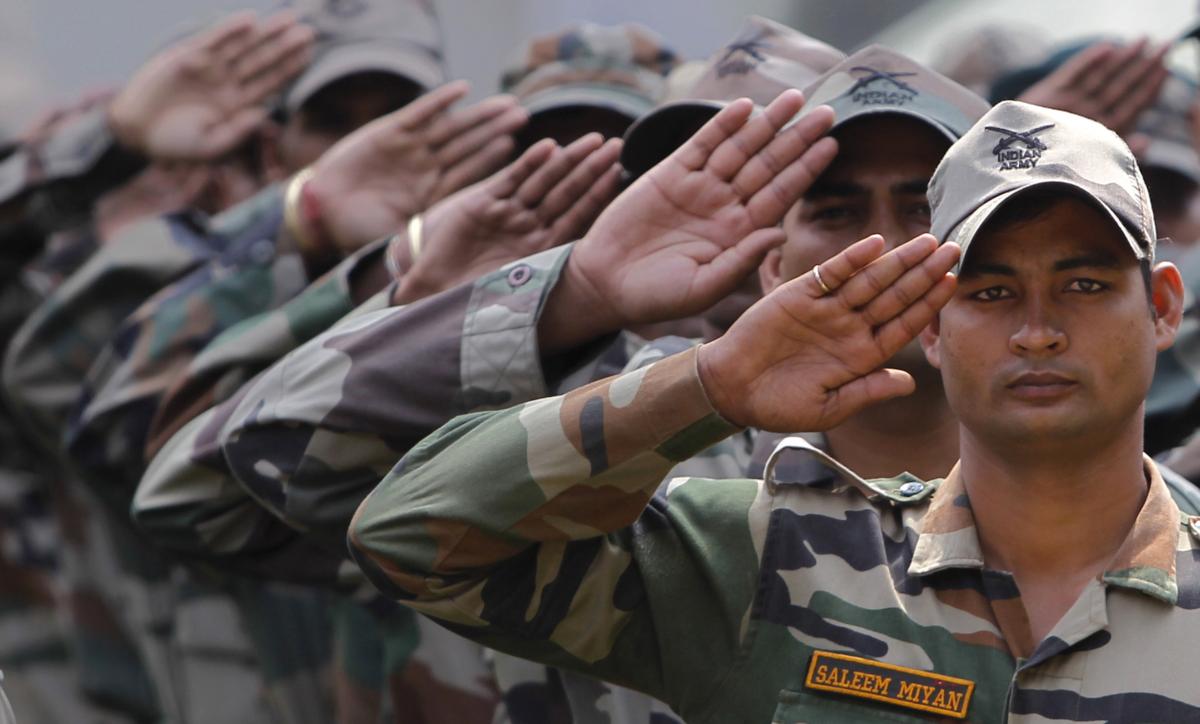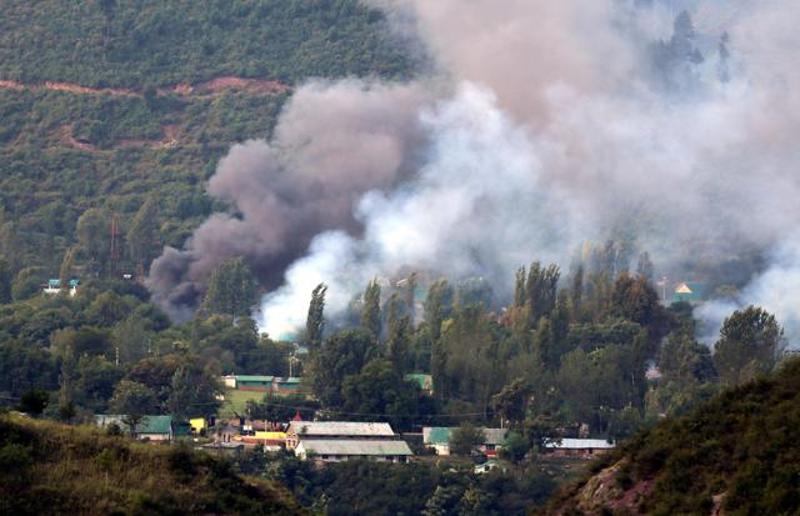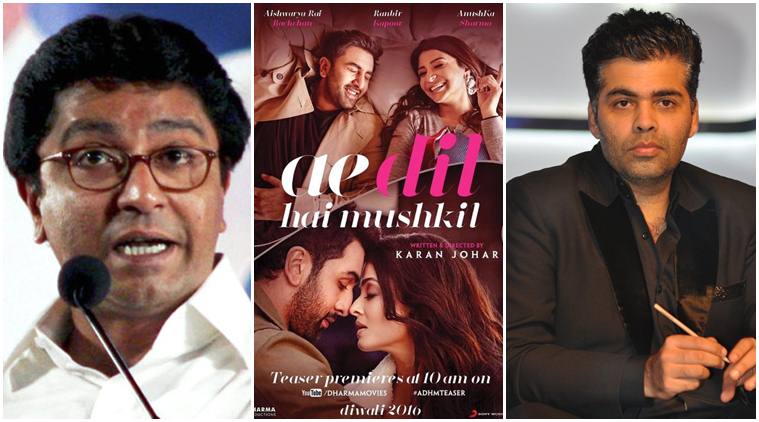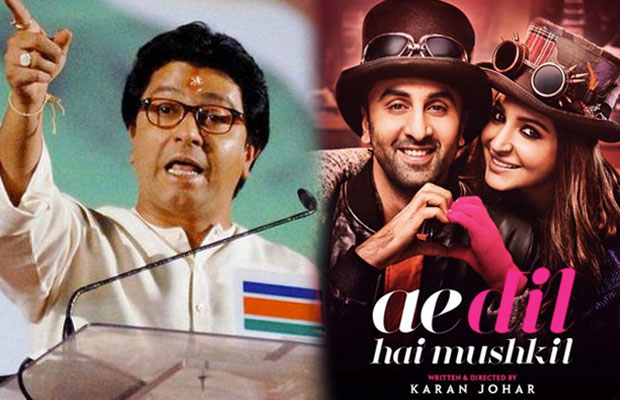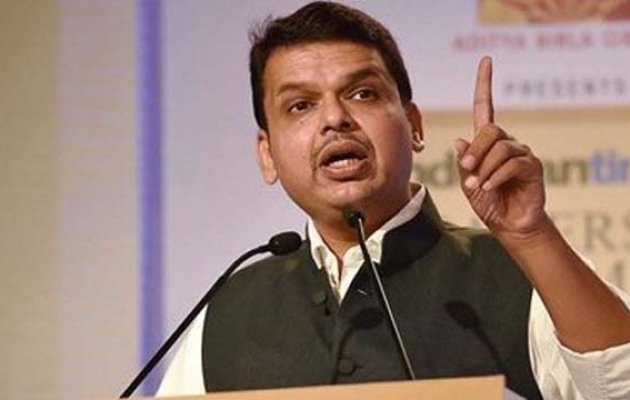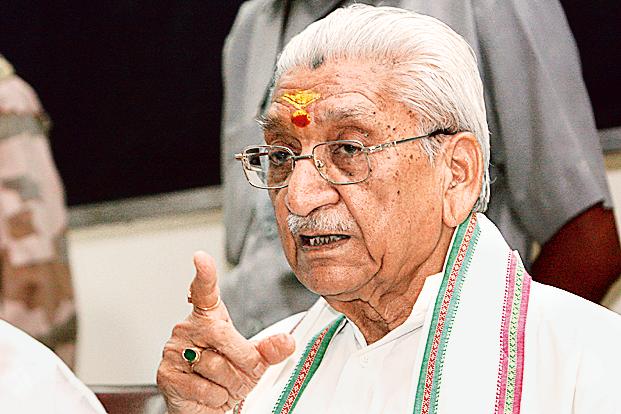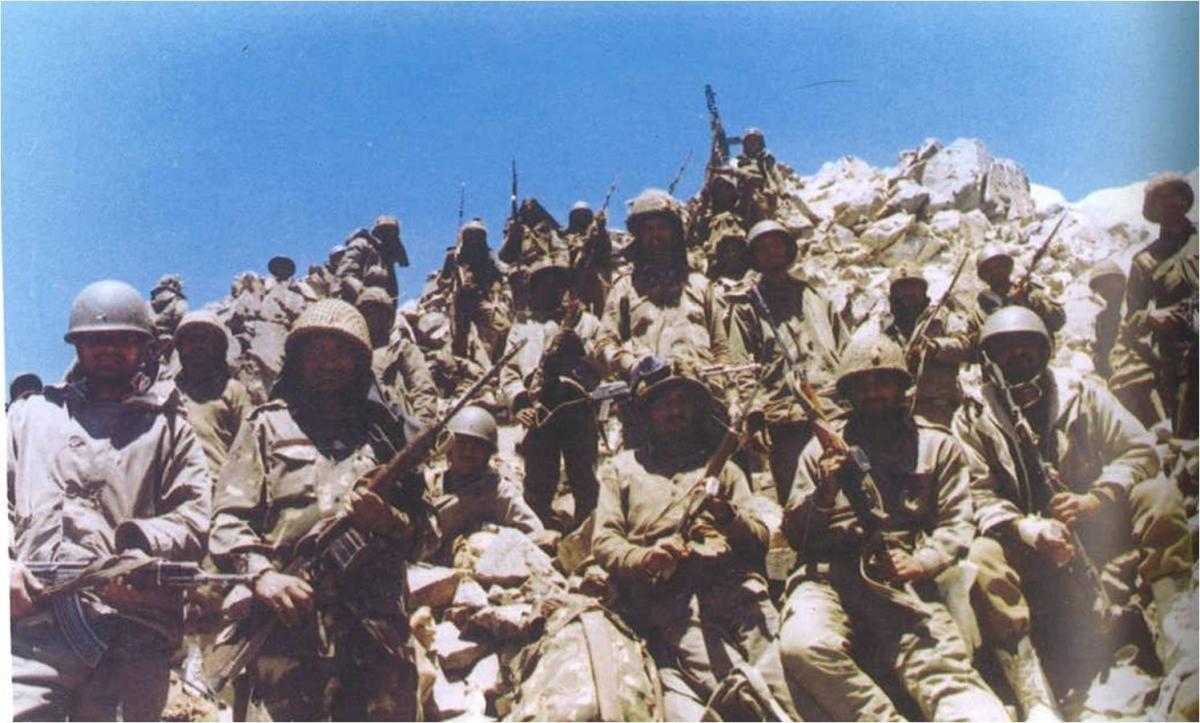Several activists, politicians, thinkers came down heavily upon the government for its role in the attempt to politicise military. Bollywood actor and activist Farhan Akhtar called it a “terrible precedent” and criticised the CM for negotiating with someone, who is “not even government”. Some of the actors alleged that filmmakers have become “easy targets” for politicians.
Shiv Sena – BJP’s partner in power at the state level too criticised the deal, and party president Uddhav Thackeray
reportedly said, “The Indian Army has its self-respect. So, it does not need any money eked out of extortion.”
Deccan Herald said in its editorial
piece, “When a government enters into a deal with a law-breaker and forces a citizen to meet his wrong and illegal demands, the rule of law breaks down and the law of the jungle takes over.”
It further wrote, “The MNS’ threat to disrupt the showing of the film was a challenge to the rule of law which the government is duty-bound to uphold. That duty is part of the state’s contract with the people from which governments derive their power, authority and legitimacy. This contract was not only violated but the citizen was made to pay a price for exercising his freedom guaranteed under the Constitution, and a legally elected government facilitated and underwrote the deal.”
Senior journalist Manu Joseph wrote in Hindustan Times, “The BJP government, by appearing to negotiate with Thackeray, greatly diminished itself. When the Indian middle-class wished for a strongman to lead the nation, what they meant was that they wanted the government to assert its legitimacy and create order. It is amusing that the issue of nationalism should make the BJP, which rules both the Centre and Maharashtra, choose the path of timid placation instead of giving Thackeray the AAP treatment, which is the act of shoving an adversary into prison. It is possible that the BJP is not as scared of Thackeray as it is of the AAP.”
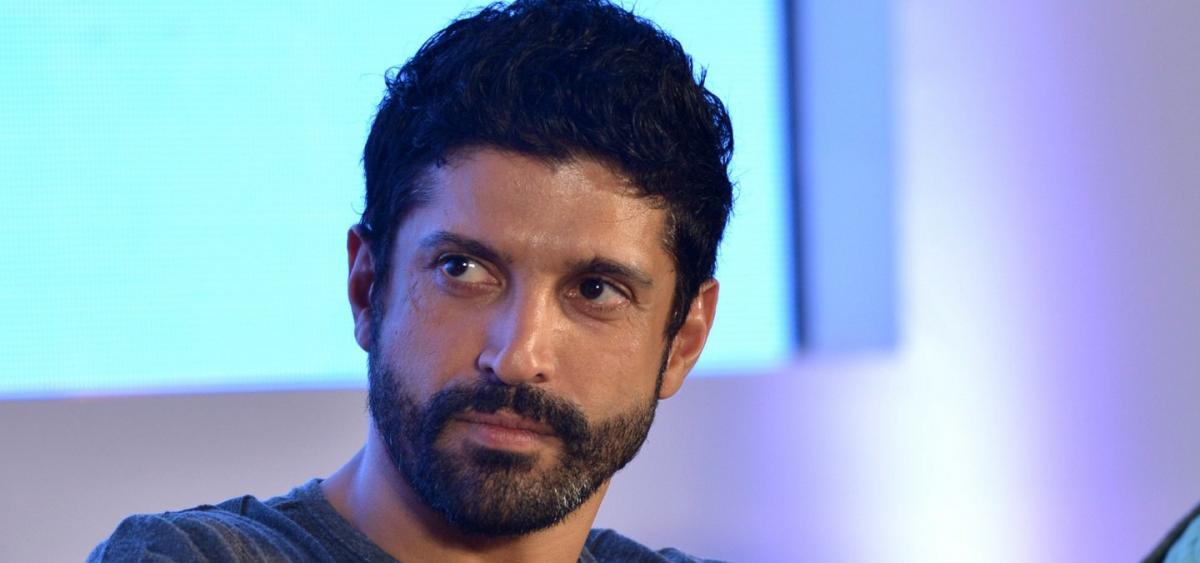
While on the other hand, some experts are seeing it as a strategic move by BJP to strengthen MNS to be used against the common rival Shiv Sena in the upcoming BMC elections.
However, for the public, in a sense, the ruling party in Maharashtra has come out of this controversy as subservient to goons/bullies and Raj Thackeray emerged as the self-pronounced victor. Ironically while, the two may appear to be on opposing sides today, the MNS is only aggressively following what the Shiv Sena
had begun in the mid-1980s—the infamous incidents of ‘digging up the cricket pitches’ to prevent Indo-Pak matches and prevention of singer Ghulam Ali’s concerts in Mumbai, as some examples of this street bullying and jingoism.
